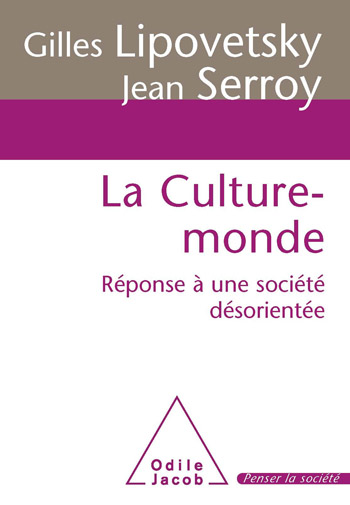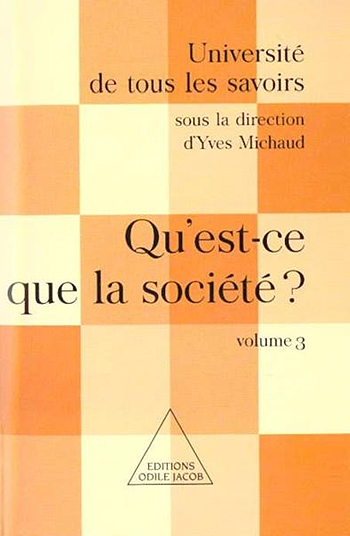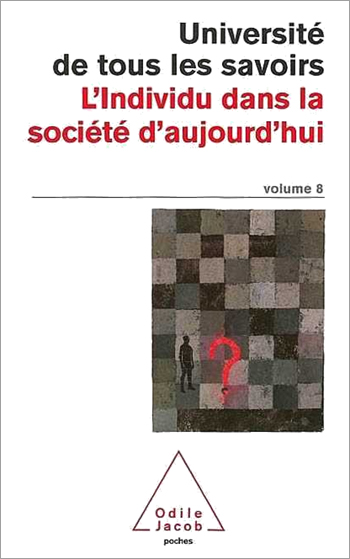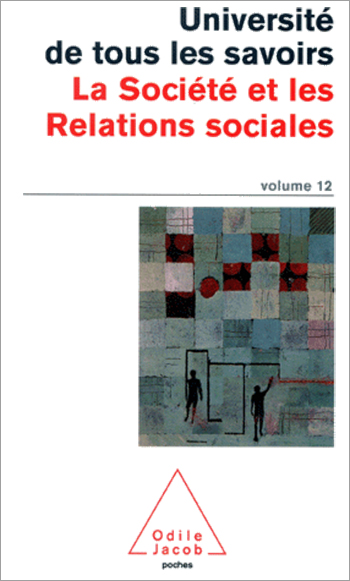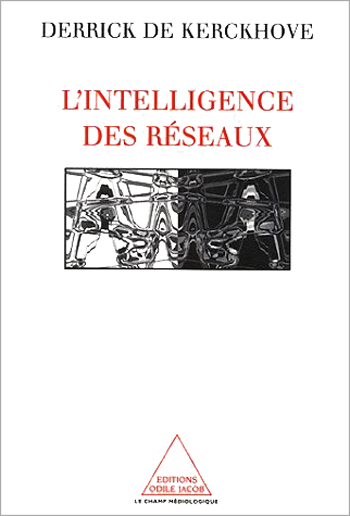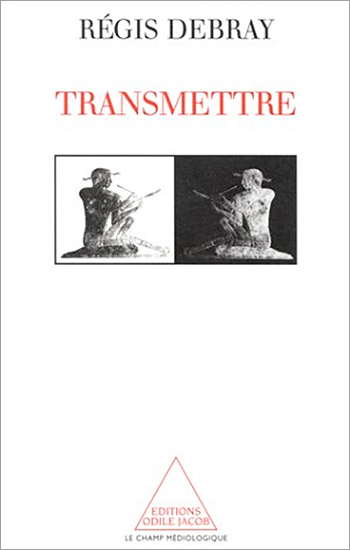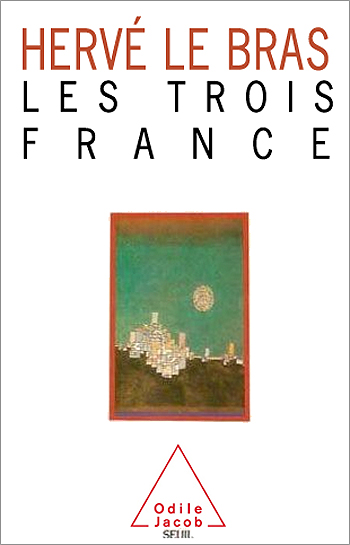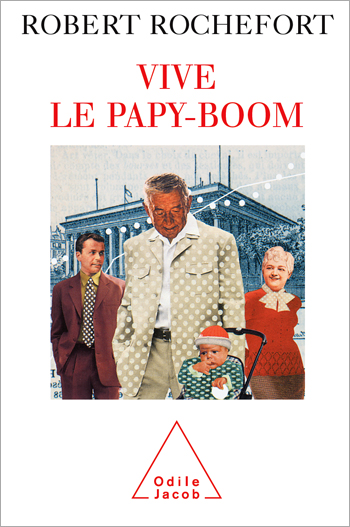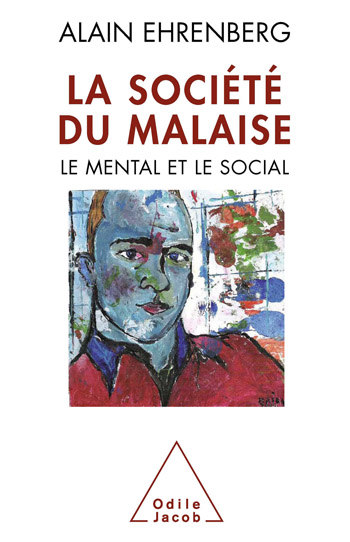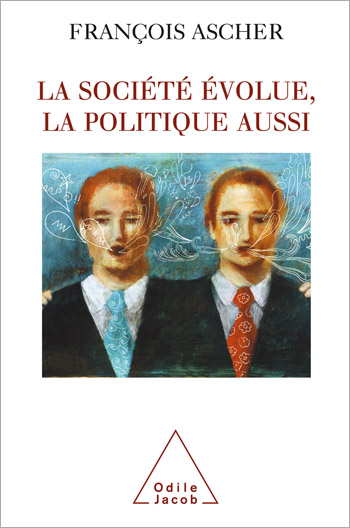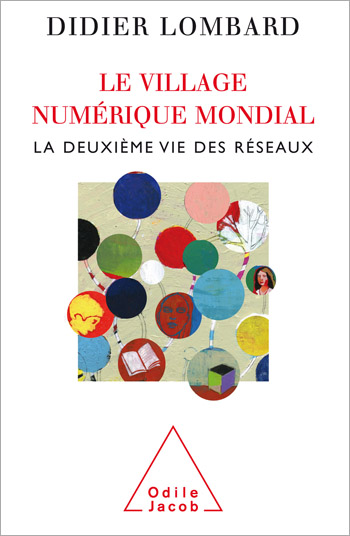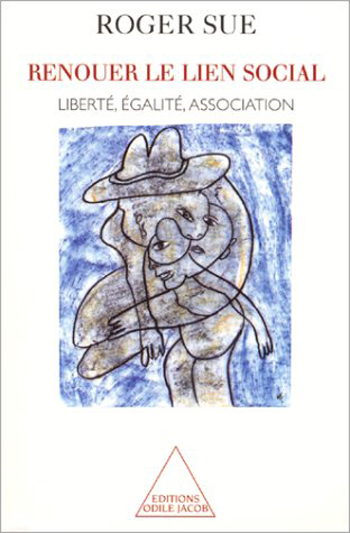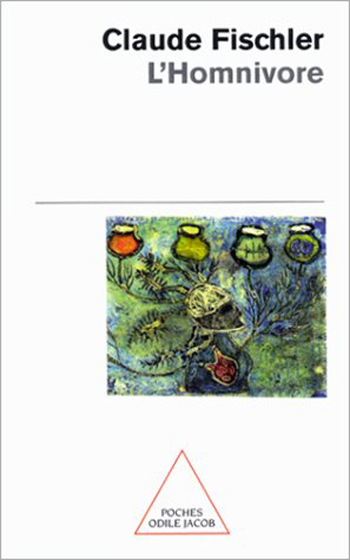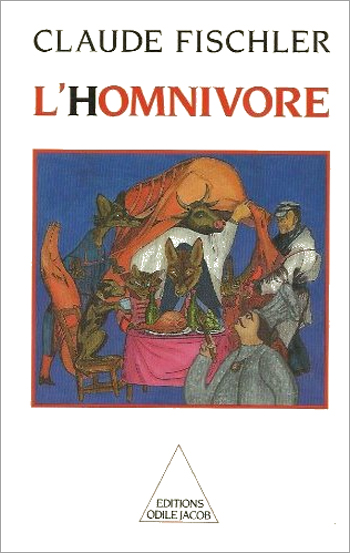Sociology All books
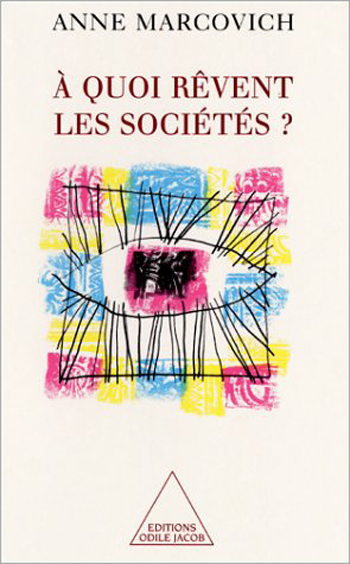
Anne Marcovich
What do societies dream of ?
Why do societies change? How, through countless transformations, do they manage to maintain their own identity? With the help of the many resources provided by the social sciences, history, sociology, social psychology, anthropology and economics, Anne Marcovich has tried to identify the principle of change within a framework of continuity that characterises the evolution of societies. Anne Marcovich is a researcher in the social sciences.
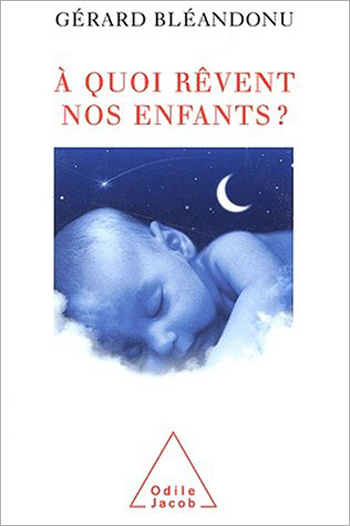
Gérard Bléandonu
What do our children dream ?
When does the foetus start to dream? What are its early dreams? What is the function of infant dreams? What is the impact of nightmares? How do dreams evolve during adolescence? Gérard Bléandonu brings to these questions his experience as a psychotherapist specialising in children suffering from psychological difficulties. The author also makes use of recent findings in neuro-physiology which have improved our understanding of dream mechanisms. Gérard Bléandonu is a psychiatrist and head of Child Psychiatry at the regional hospital of Savoie, France. He is the author of numerous works on child and adolescent psychiatry.
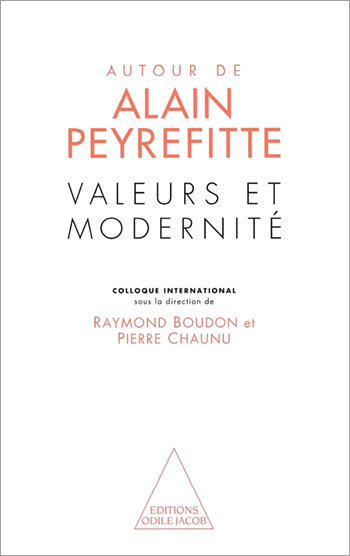
Alain Peyrefitte, Raymond Boudon, Pierre Chaunu
Values and Modernity Expanding on Alain Peyrefitte
With The Society of Confidence, and Of the Economic Miracle, Alain Peyrefitte has illustrated that growth is not primarily founded on the material wealth of a nation, capital, or even on work. Development is intrinsically linked to mentalities and values, which are the essential elements of economic, political and social modernity. Using this thesis as a starting point, the Institute of France organised a conference which brought together economic and technological historians, sociologists, criminologists, and experts from across the world, amongst which were R.Boudon, S.Eisenstadt, D.Landes, and S.Lipset. The wide spectrum of debate runs from the history of religious mentalities (P. Chaunu, J.Delumeau), to penal philosophy (D. Szabo). The comparative outlook of this book allows the reader an insight into the hidden depths of confidence, from Switzerland (J.-F. Bergier), to Japan (Terushi Hara), right through to the Third World (P. Moussa).
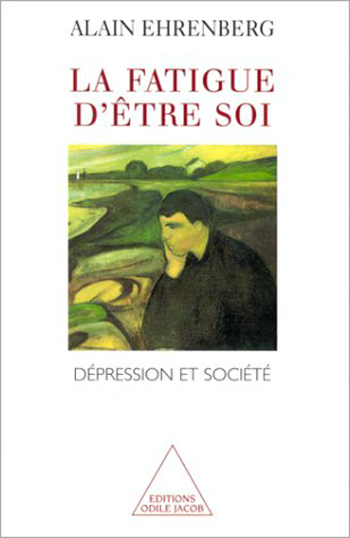
Alain Ehrenberg
Tired of Yourself Depression and Society
Examining the changes that have occurred since the 19th century in both psychiatry and society at large, this book shows how the internal collapse that is depression is the ultimate symbol of our culture of powerlessness. The depressed person cannot rise above the demands imposed on him or that he imposes on himself. He has no recourse but fatigue, inhibition, and indecision. But what does it mean to learn to be oneself? Is our society merely creating huge numbers of hypochondriacs? Can we any longer draw a line between the small unhappinesses and frustrations of daily life, and pathological suffering? Alain Ehrenberg is a sociologist.
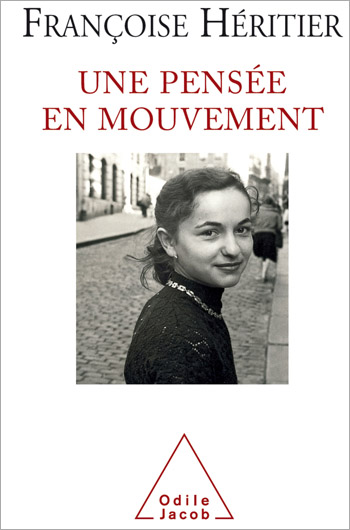
Françoise Héritier
Thought in motion
Based on a series of interviews, this book traces the career of a brilliant anthropologist, whose thinking enlightens and moves us
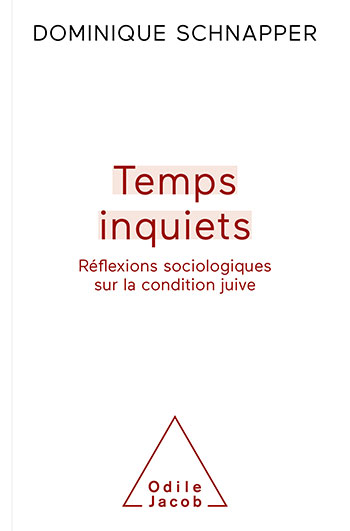
Dominique Schnapper
Sociological Reflection on the Jewish Condition
Following the “days of suspicion” initiated in 1967 by the speech of General de Gaulle, which put an end to a form of accord between France and the State of Israel...
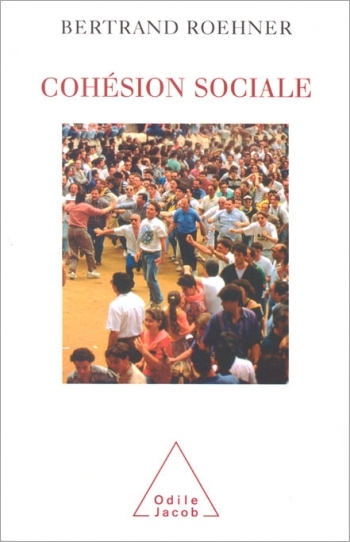
Bertrand Roehner
Social cohesion
The methodology of physics is now being applied to the social sciences. Social cohesion, which assures social stability and continuity, is both observable and measurable. It may be observed in events that repeat: in test events such as the destruction of the mosque in Ayodhya, India (1992), and of the twin towers of the World Trade Center in Manhattan (2001); in catastrophes such as the Great Fire of London (1666), the earthquakes and fires of San Francisco (1906) and Tokyo (1923); in the riots of rejection in Lawrence, Mass., U.S.A. (1984), and in Aigues-Mortes, France (1893); in the protest riots in Brixton, U.K. (1981); and in resistance to foreign occupation, as in France (1940). Social cohesion can be measured through the reactions of a given society in the aftermath of a shock: for example, in the number of Hindu temples that were burned down or mosques that were destroyed following the first two test events listed above. By borrowing the methods of physics, social scientists have been able to make predictions in their own field. Bertrand Roehner is a member of the Laboratory of Theoretical Physics at Pierre et Marie Curie-University of Paris VII. He is the author of Un siècle de commerce du blé en France (Economica), Theory of Markets (Springer), Application of Physics in Economic Modelling, Pattern and Repertoire in History (Harvard University Press) and Separatism and Integration (Rowman and Littlefield).
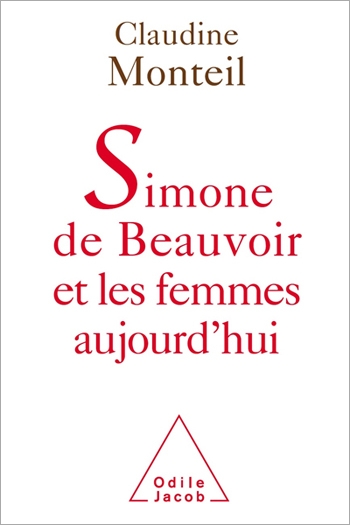
Claudine Monteil
Simone de Beauvoir Today
The author evokes her long friendship with Simone de Beauvoir and offers a detailed portrayal of women’s lives today.
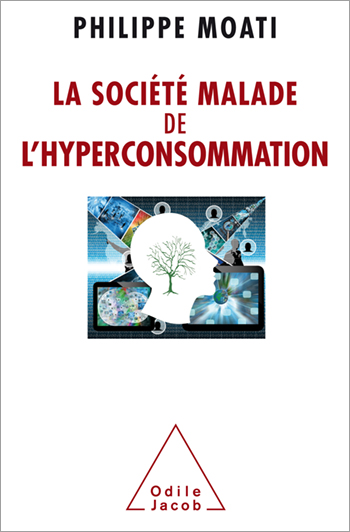
Philippe Moati
The Sick Hyperconsumer Society
Hyperconsumption undermines social cohesion and “living together”

Jean Picq
Religious Freedom in the French Republic Restoring the Spirit of French Secularism
‘Laïcité’ has been at the heart of numerous debates in France. The author argues here for a multifaceted, open secularism.
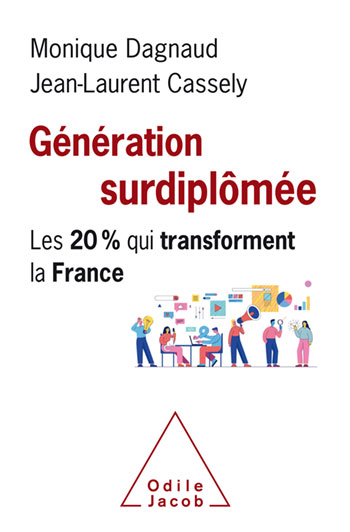
Monique Dagnaud, Jean-Laurent Cassely
The Overeducated Generation The 20% Who Are Transforming France
The reconfigurations around education probably offer the most relevant angle of observation for understanding contemporary societies, and to decipher the popular resentment against the world of the educated elite.
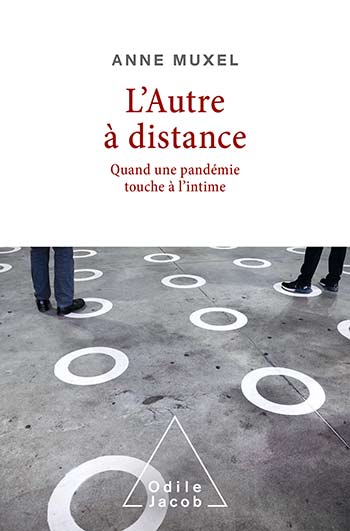
Anne Muxel
The Other at a Distance When a Pandemic Affects Intimacy
A sociological analysis that looks in depth at the upheavals brought about by the pandemic that have affected the intimate side of our existence and our relationships with others.

Claude Fischler
Of Wine
The true wine lover is a rare breed. He doesnt pontificate, instead he asks questions and reflects. When faced with a pompous connoisseur he shuts his eyes so he can sip and taste undisturbed. Which of the two categories do you belong to, reader? Are you a true lover of Bordeaux or a connoisseur of burgundy? What is it that you like about wine? Is it the knowledge that surrounds it or the pleasure it affords? Is it the prestige of a label or the authenticity of its origin? What do all these categories really stand for? The mythology of wine is examined and deciphered in loving detail. Claude Fischler is a sociologist and researcher at Frances Centre National de la Recherche Scientifique.
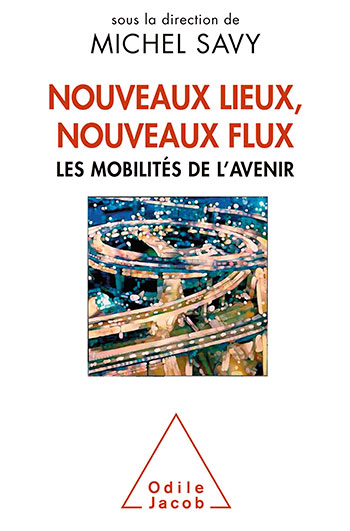
Michel Savy
New Spaces, New Movements Future Mobility
An innovative approach to such essential issues as work, housing and information
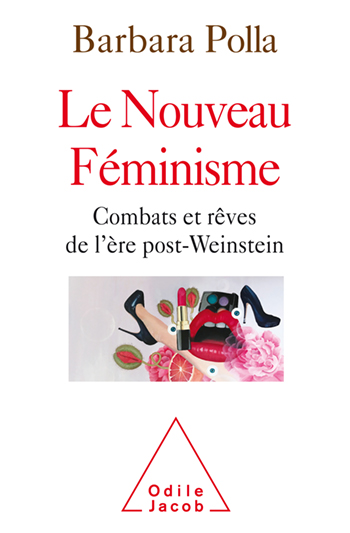
Barbara Polla
The New Feminisms Struggles and Dreams in the Post-Weinstein Era
New light shed on feminism by a woman involved in the women’s movement. To find oneself in a galaxy of feminist currents. A reflection on the status of women.

